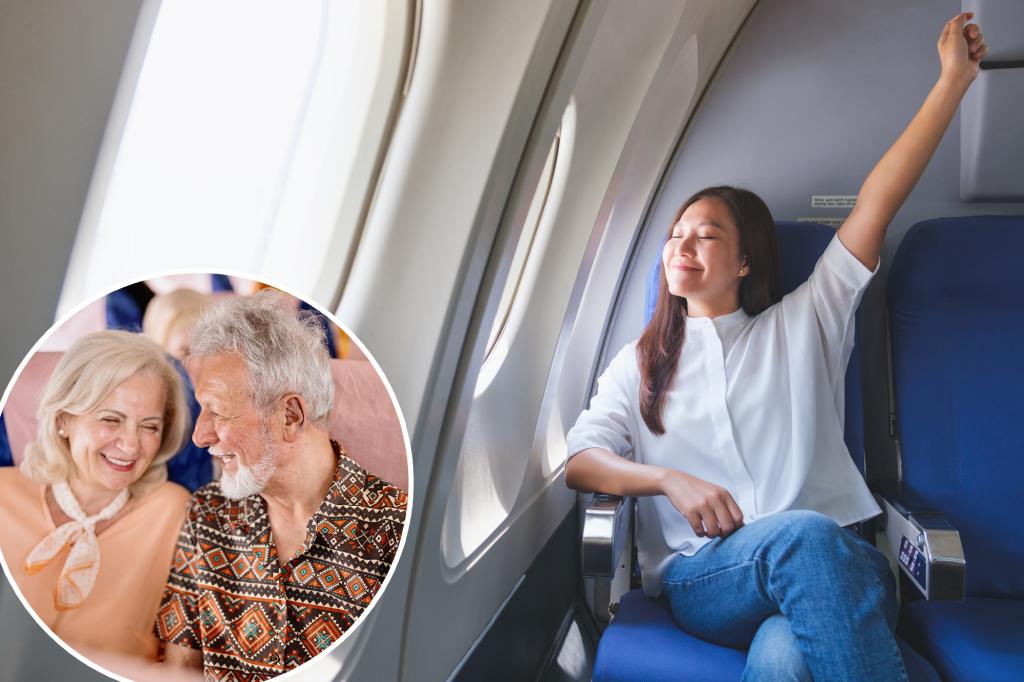A study published in the Journal of Travel Research found that traveling can delay the aging process and improve physical and mental health. Researchers at Edith Cowan University (ECU) in Australia applied the theory of entropy to tourism for the first time, showing that positive experiences during travel can help slow down the signs of aging. The study discovered that engaging in active experiences like hiking or swimming can encourage people to get moving and enjoy the benefits of exercise, while leisurely travel can reduce chronic stress and encourage normal functioning of the self-defense system. Overall, tourism can contribute to both physical and mental health.
The researchers suggested that “travel therapy” could be a groundbreaking health intervention, emphasizing the importance of positive experiences during travel in mitigating entropy increase and enhancing health. They found that while almost half of women express stress about aging, particularly millennials and Gen Z, some men are going to extreme lengths to slow down aging, often through medical procedures. However, the study indicates that simply booking a trip can have similar benefits to more invasive procedures, making travel a viable option for those looking to improve their health and slow the aging process.
The positive effects of traveling on physical and mental health can last much longer than just a tan acquired during a trip. Researchers at ECU believe that tourism is not just about leisure and recreation, but also has significant health benefits, promoting a lower entropy state and contributing to overall well-being. This new perspective on the benefits of travel could encourage more people to prioritize trips and experiences that promote health and wellness, rather than turning to more invasive anti-aging treatments.
Active travel experiences such as hiking and swimming can encourage people to engage in physical activity, potentially slowing down the aging process and improving overall health. In addition, leisurely travel can reduce chronic stress and promote the normal functioning of the self-defense system, contributing to a lower entropy state in the body. These findings highlight the importance of incorporating positive experiences and travel into daily life as a way to enhance health and well-being.
In a world where stress about aging is prevalent, with nearly half of women expressing concerns and many resorting to extreme measures to slow down the process, the concept of travel as a form of therapy is gaining traction. The study from ECU suggests that travel therapy could be a groundbreaking health intervention, offering a natural and effective way to slow the aging process and improve physical and mental health. By choosing to book a trip instead of pursuing more invasive anti-aging treatments, individuals may be able to achieve similar benefits while enjoying new experiences and destinations.
Overall, the study conducted at Edith Cowan University in Australia indicates that traveling can have significant positive effects on physical and mental health, potentially slowing down the aging process by promoting a lower entropy state in the body. By engaging in active travel experiences and promoting relaxation through leisurely trips, individuals may be able to reduce chronic stress, improve immune function, and enhance overall well-being. The findings suggest that travel can be a valuable tool for improving health and wellness, offering a natural alternative to more invasive anti-aging treatments and promoting a healthier, more balanced lifestyle.


